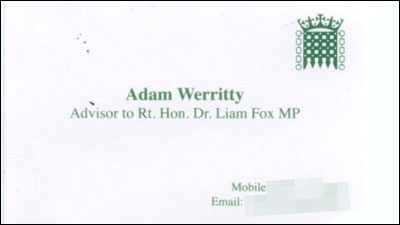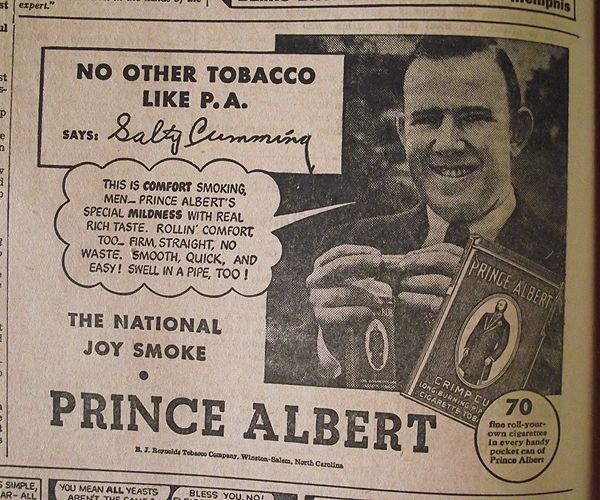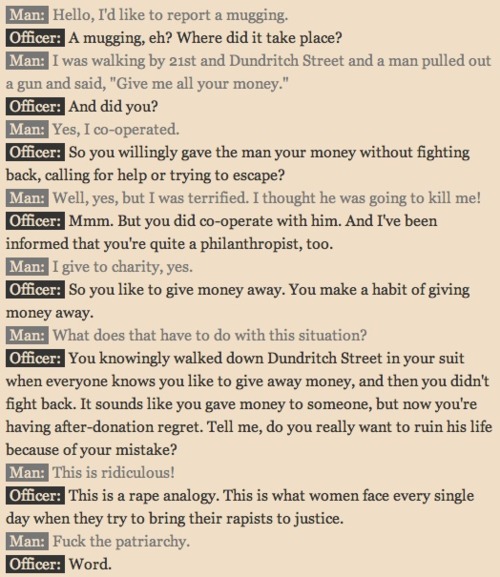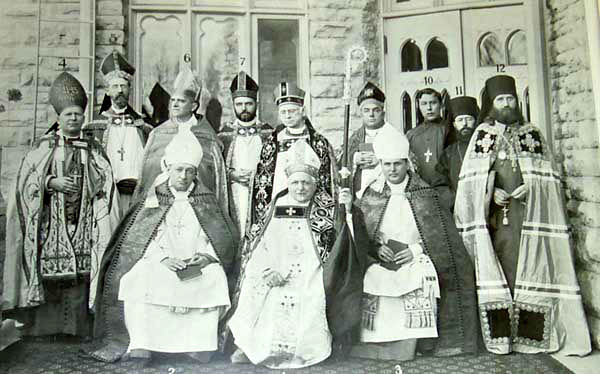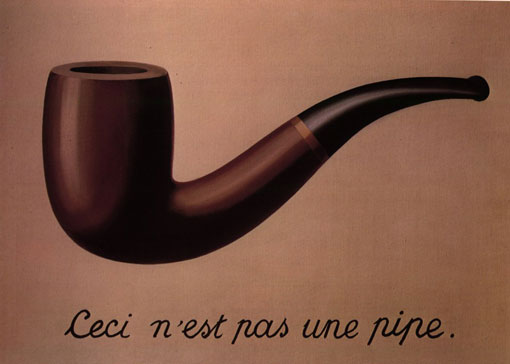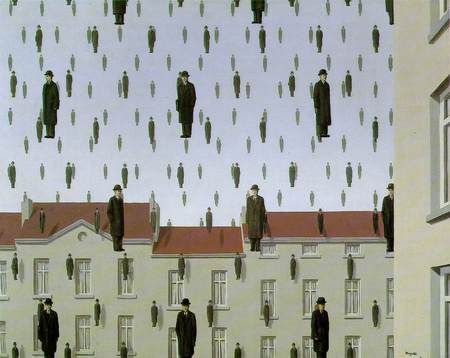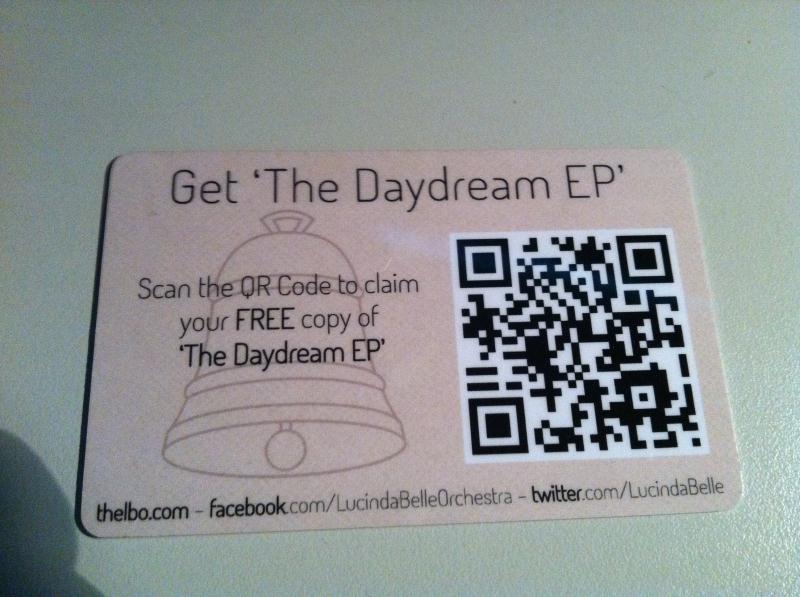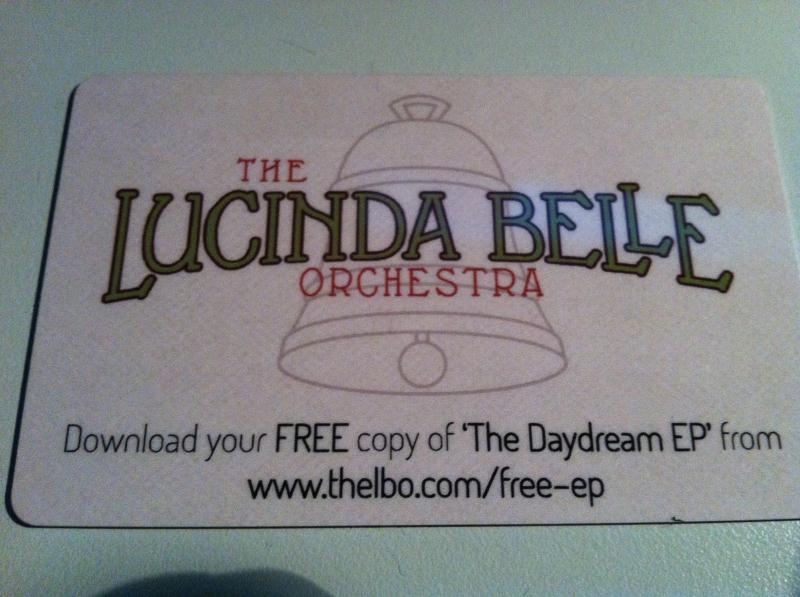Tomorrow’s sermon at St. John’s
September 18, 2011 25th Sunday in Ordinary Time/13th after Trinity
Sermon delivered at St. John the Evangelist, 10 AM.
First Reading: Isaiah 55:6-9; Ps: 144; Epistle: Philippians 1:20-24, 27; Gospel: Matt 20:1-16 (Year A)
In the name of God, the one, the Undivided Trinity. AMEN.
Where I come from, in the school where pupils are 11 to 14 years old, which we call “junior high school”, we had to participate for the first time in what you would call “PE class” and what we called “gym”. It’s supposed to toughen you up, get you in good physical shape, and also build character. Whatever character is.
Unfortunately, character is often not something that’s built, but something that’s demolished. Whatever hopes, fears, aspirations, good and bad qualities that a child has, experiences in school will tear down the existing qualities and replace them with something else.
So when in gym class we were told to take part in a team sport, a captain was chosen by the teacher and then those captains chose their teams. The good players were picked first, and then those who were left over were, often reluctantly, chosen until, at the end, there were two unfortunates who neither team wanted but who had to be picked anyway. The same two children always turned out to be the last two picked, no matter what sport was to be played. Thus was character built.
As an overweight, left-handed child, I was normally in that group of two children always picked last. I don’t know whether that did anything to build my character, but it certainly made me feel worthless, at least at sport.
This parable in Matthew is a troublesome one, especially to those of us who have been raised with the Puritan work ethic. The principle of modern work and pay is that the longer you work, and the more work you do, the more you are paid. Ask any banker whether he or she is justly paid huge sums for what is essentially the business of buying and selling money, and the banker will of course say that a banker’s pay is commensurate with the amount of work he does.
Ask a worker in the local council whether her pay for, perhaps, helping an elderly person stay at home rather than go into a nursing home is just for the amount of work she does. She might say that it is a bit low but in these times everyone has to tighten their belts.
I’m sure you’ve read articles in the newspapers about a person who is working at a job he absolutely adores. This person often says that he would do that job for half the money, or even none, he loves it so much. Of course, no manager or owner of a business ever takes them at their word and lowers this person’s pay.
We’ve also seen stories in the news lately about the situations of interns. In many cases employers, even members of Parliament, advertise for interns who will, unfortunately, be unpaid except, perhaps, for travel expenses. The hope of the intern is that, eventually, the contacts she makes and the experience she gets will make up for the fact that her dinner menu consists entirely of Curry Pot Noodles and black tea.
And, of course, there are those who have no work at all these days. There is the necessity of cutting the government’s budget or the requirement that private employers trim down their costs in order to continue to pay dividends to their shareholders. These jobless people always have the hope that, ultimately, at the end of the day someone will hire them to do something to earn a wage.
There is a historical perspective to this parable, in that Matthew was speaking to the early Christians, just forming themselves into a church. One can imagine that those who became Christians early, perhaps even during Jesus’s lifetime, might be a bit annoyed that those who became Christians later on were taking some of the most important spots in the structure of the church. They might feel that being what marketers call “early adopters” should have entitled them to more privilege within the organisation.
What Matthew is saying to those people is that we are all equal in the church through baptism. Once we have committed to following Christ, we are all equal heirs to the kingdom and entitled to the same level of grace and the spirit that those who have been Christians for many years. While I think that Matthew wanted to damp down rivalries in the early Church through this parable, from my observations of the Church over the past half a century or so I doubt it had the desired effect.
While Matthew may have had one intention in writing this parable, the beauty of Scripture is that it’s a very deep treasury of symbolism and truth. The Gospels can be like an old gold mine, exhausted of ore. Sometimes just when you think the mine is no longer productive, some other ore is discovered in it that is as valuable as the ore it used to produce.
We often see among various types of Christian ones who think that Christianity is an exclusive club. It’s run by Christians, for certain types of Christian, and only those types are going to get everlasting life.
These people take it on themselves to pronounce on who will be saved, and who will be condemned to eternal punishment. In America there is the Westboro Baptist Church, celebrated for demonstrating at the funerals of soldiers, saying that they are going to hell because the US is allowing gay marriage. In fact, these people believe that everyone except themselves is bound for hell.
In my early years as a Roman Catholic, I was taught to believe that only Roman Catholics were saved; everyone else was bound for Purgatory at least, if not full-blown hell and damnation. This was the official line until Vatican II, and many still believe it.
This parable, for me, illustrates that the opinions of people as to who will be saved are utterly useless. You, or I, or anyone can declare that such and such a person or group of people is not going to be saved. We can say it as loud and as long as we want. We can get indignant that some other church asserts that they have the possibility of salvation when we ourselves are of the opinion that the other group does not.
All this is vain posturing. The parable tells us that only God can include us in the kingdom of heaven. It’s God’s free gift to us, and nothing that we ourselves earn, or deserve. As the landowner says in the parable: “I choose to pay the last-comer as much as I pay you. Have I no right to do what I like with my own?”
So God chooses the team. Our belief, and our actions, are judged only by God, and it is God who includes us in, generously, at the end. Even the left-handed fat kid who can’t play sports can be included. And if that kid gets in, there’s hope for everyone. AMEN.
